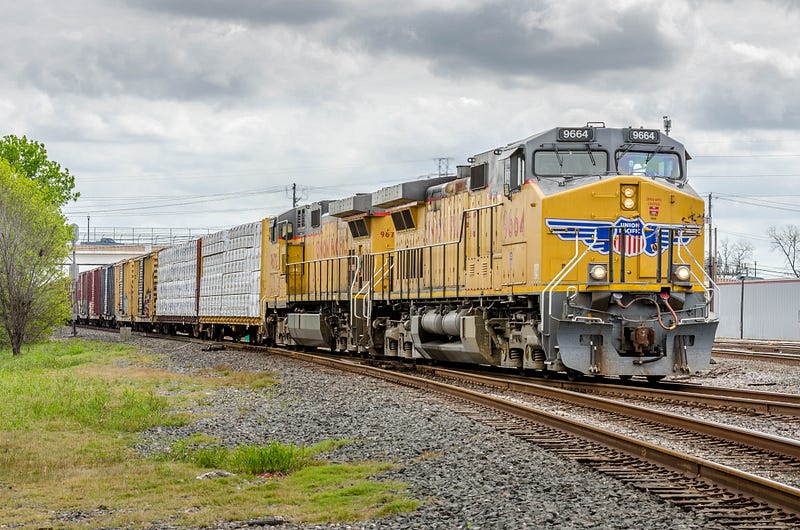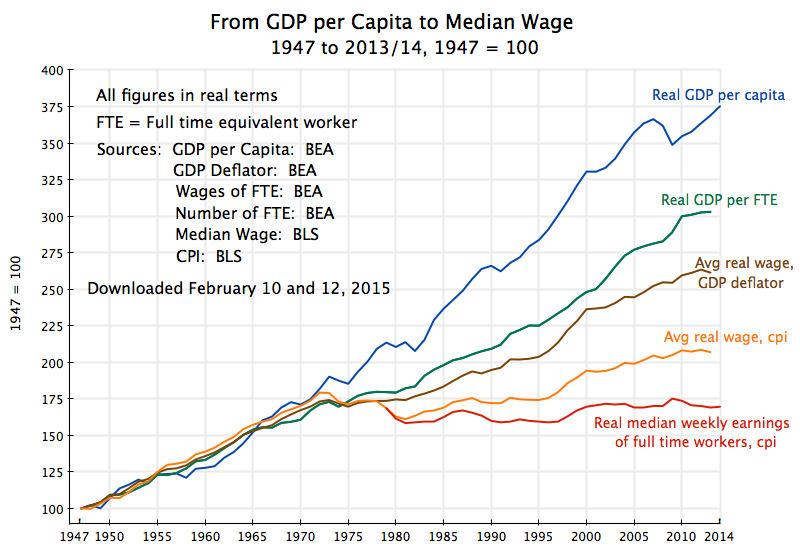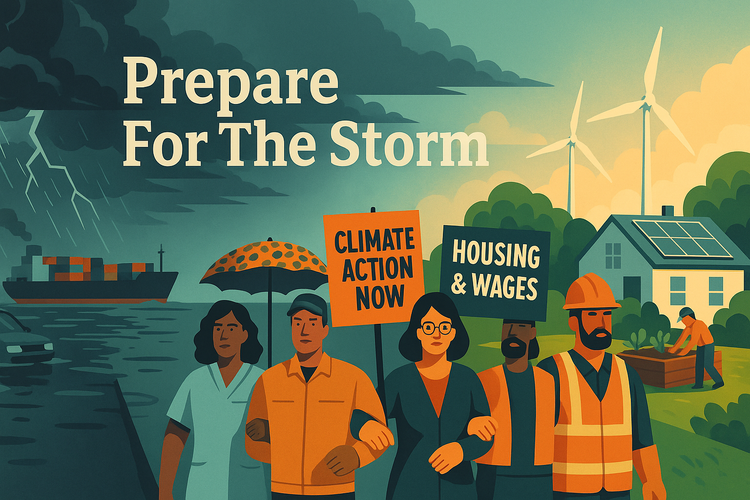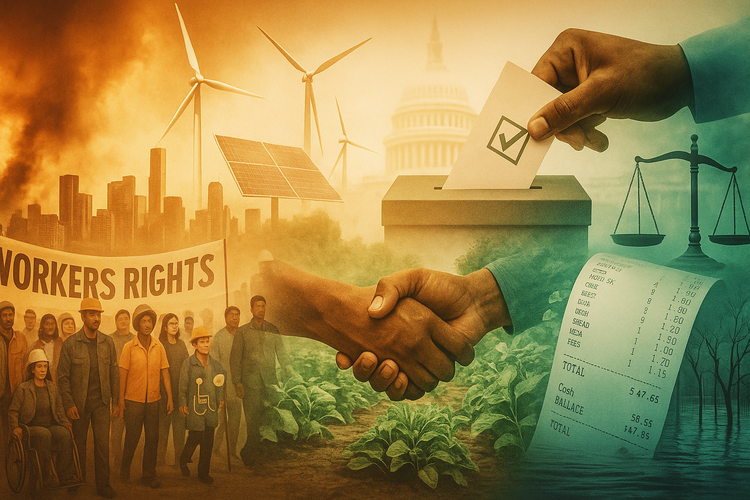Railroads, Labor, And The End of The American Dream

When I was a boy, I was enamored with electric trains. I was born in the United States but grew up in my early years in Germany. That’s where my parents gifted me my first Märklin train set. I have fond memories of spending hours playing with the tracks and trains, and never imagined I would one day work in the industry.
In late 2007, I went to work for a rail consulting company. I didn’t design the tracks themselves; my office mate did that, but my responsibilities were related to drainage design and site layout of parking lots and sidewalks. I helped write reports on high-speed rail corridors, flood mitigation systems in New York City, and many other rail transportation-related projects. I’m proud of the work I did there.
One project let me out to the central north and far northwest. I visited Amtrak stations in North Dakota, Montana, and Idaho. I did site reconnaissance through Oklahoma, Texas, and parts of California. I got to travel throughout the “forgotten places” of the USA and talk to hard-working people. I saw vibrant towns and shuttered towns. I saw endless fields and tracks and powerful locomotives barreling down miles of tracks.
There’s something magical about the railroads and how they connected all of us in the past. Now we just drive everywhere, but if you can close your eyes and imagine what life was like 100 years ago, you’d know that railroads were what built this country.
When I moved to my town, I met a man named Frederick (Fred). Fred was what the American Dream used to be. He grew up in Pennsylvania and then in Illinois. He grew up around railroads and used them to travel to Chicago at age 10, much to the dismay of his parents.
He enlisted in the Navy in World War 2 and fought in the Pacific. After the war, he was stationed in Tokyo before being honorably discharged and moving back to the United States.
Somewhere along the way, he became a carpet salesman and worked the Arizona, New Mexico, and Texas corridor. He raised a family and built a very successful life for himself and his loved ones. He eventually retired, and I met him right after his wife died.
We’d get together for breakfast every so often, and he would tell me what it was like growing up post the Great Depression. He fondly told me stories of going fishing with his father as a boy and of the war stories of fighting Kamikazes.
He lived the American Dream, built his wealth, and lived comfortably till his death at 93 in Florida, surrounded by his children and grandchildren.
His story has a type of nostalgia that we all can identify with. It’s the story we all want. It’s the story of working hard and making our dreams come true. It’s the one where everyone has a shot at the big time. It’s the true American Dream, but there’s one problem.
If there ever was an American Dream, it’s long gone by now. We’re suffering from nostalgia for an age that never existed. Everything we’ve been led to believe has been a sugar-coated lie. Coated to help us swallow the bitter pill that reality is and was.
Fred grew up in a time when working hard in a blue-collar field could still get you ahead in life. He was an early Boomer, one who started a family and life in the 1950s.
While the 1950s were fake, there was an economic reality (good and bad) that one income could provide a comfortable life. Depending on your job, you could afford a bigger car or house. Your wife would stay home and do all the domestic duties, and your two children would go off to the soda shop and play music on the jukebox.
While this was a dream and many women (and men) felt trapped by this “utopia”, wage growth kept pace against many inflationary forces. It wasn’t until the Nixon and Reagan years that things went off the rails for blue and white-collar workers.

I would argue that it was Nixon ending the Bretton Woods system, the gold standard, that led to our massive GDP growth at the expense of worker wages. That hypothesis is for another post altogether, but the chart pivots in 1971 when the gold standard ended.
Granted, unpegging the gold from the dollar and other currencies allowed other nations the ability to grow (or fail) faster, but it came at the expense of stability.
By 1971, my friend Frederick was looking to retire in a few years after amassing his house, a vacation house, and a nice investment account.
I’ve been reading reports of the horror that happened in East Palestine, PA. The derailment of a Norfolk Southern freight train and the “controlled burn” of Vinyl Chloride. Fish and animals are dying across large areas in and around East Palestine. People fear mass contamination of the air, land, and waters.
The authorities are telling residents that they can go back, it’s all over, that there’s nothing to see here.
I call bullshit.




